
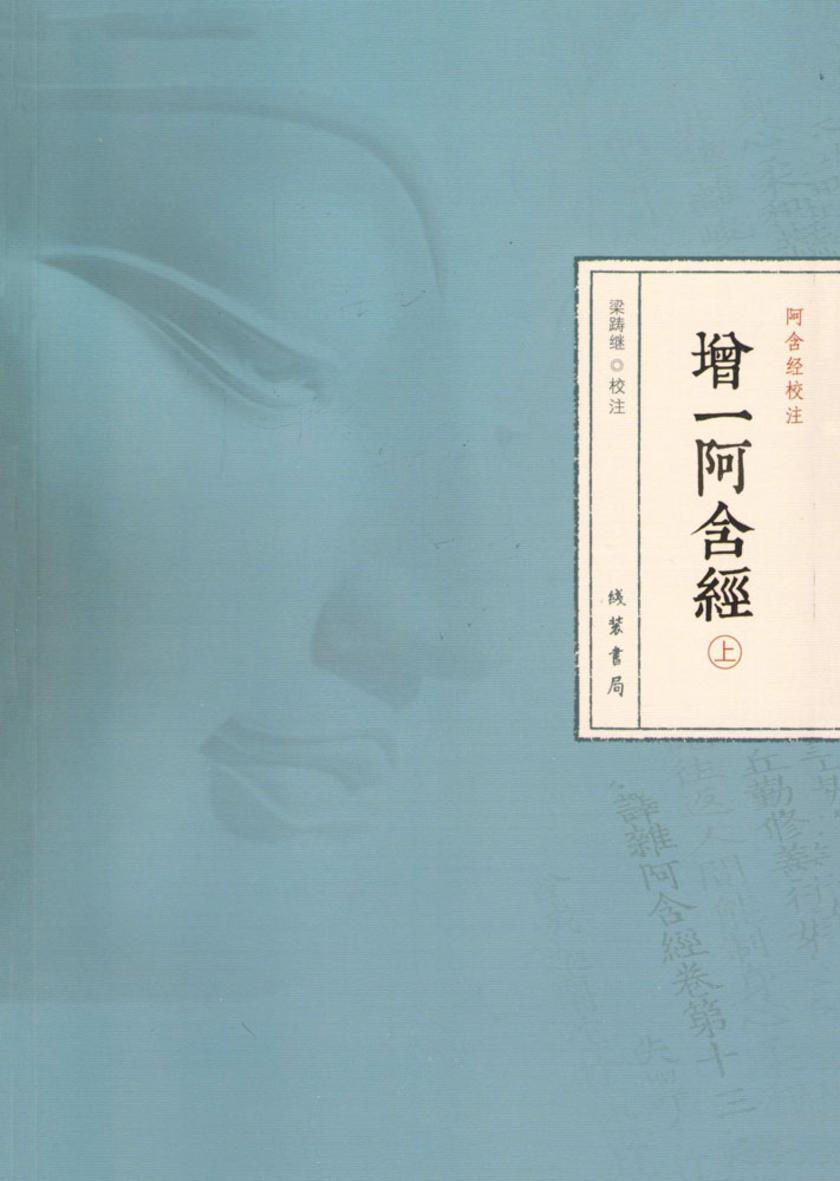
增一阿含经(上册)
¥46.00
汉译四部《阿含经》——《杂阿含经》、《中阿含经》、《长阿含经》与《增一阿含经》,是由佛陀的圣弟子于佛陀般涅槃的当年夏安居时结集出来的,忠实地汇集了佛陀自成佛以来至般涅槃前所宣讲的教法,由此说明了《阿含经》的原始性、根本性与权威性。在汉传佛教的三藏典籍中,《阿含经》就代表着原始佛教,也是印度部派佛教时期所公认的“根本佛法”。 为便于广大信徒与学者更好地了解、学修原始佛教,本书校注者以高丽藏为底本,尽量保持原本整体风貌,将四部阿含经文转为简体字,加上现代标及分段。并在前人研究成果的基础上,参考《南传大藏经》、《碛砂藏》、《大正新修大藏经》、《正仓院圣语藏本》等不同藏经,纠正原经文部分错漏之处,就经中出现的地名、人名、法相名词、艰涩文句及其它译本的不同翻译作出注释,方便读者更为精准地把握根本教义与修行原理。本书有较高的学术、实用、版本和收藏价值,是广大佛教信徒与佛学研究者难得的学习、研究参考书。


道伯与比较古典学(“经典与解释”第45期)
¥46.00
道伯(David Daube,1909—1999),法学家、语言学家和历史学家,亦是罗马法学家、宗教和文化学家。道伯的很多研究都有一个共同之处,就是比较,即法、故事、思想结构之间的比较,对犹太、希腊、罗马文本行比较研究,同样对法学、宗教、哲学文本行比较解释——在这方面,道伯毫无疑问堪称本世纪的大师,一位孤独的大师。 本期“古典作品研究”栏目《论六家要旨》、“旧文新刊”栏目《<春秋>孟氏學》与《朱子對於古籍訓釋之見解》都关涉中国古典学术枢机性的问题,“思想史发微”栏目两篇则分别关涉神学政治与历史主义问题。“评论”部分《“汉译世界学术名著”的前世今生》将我国*重要的学术出版工程细致介绍,具有很高的资料价值。

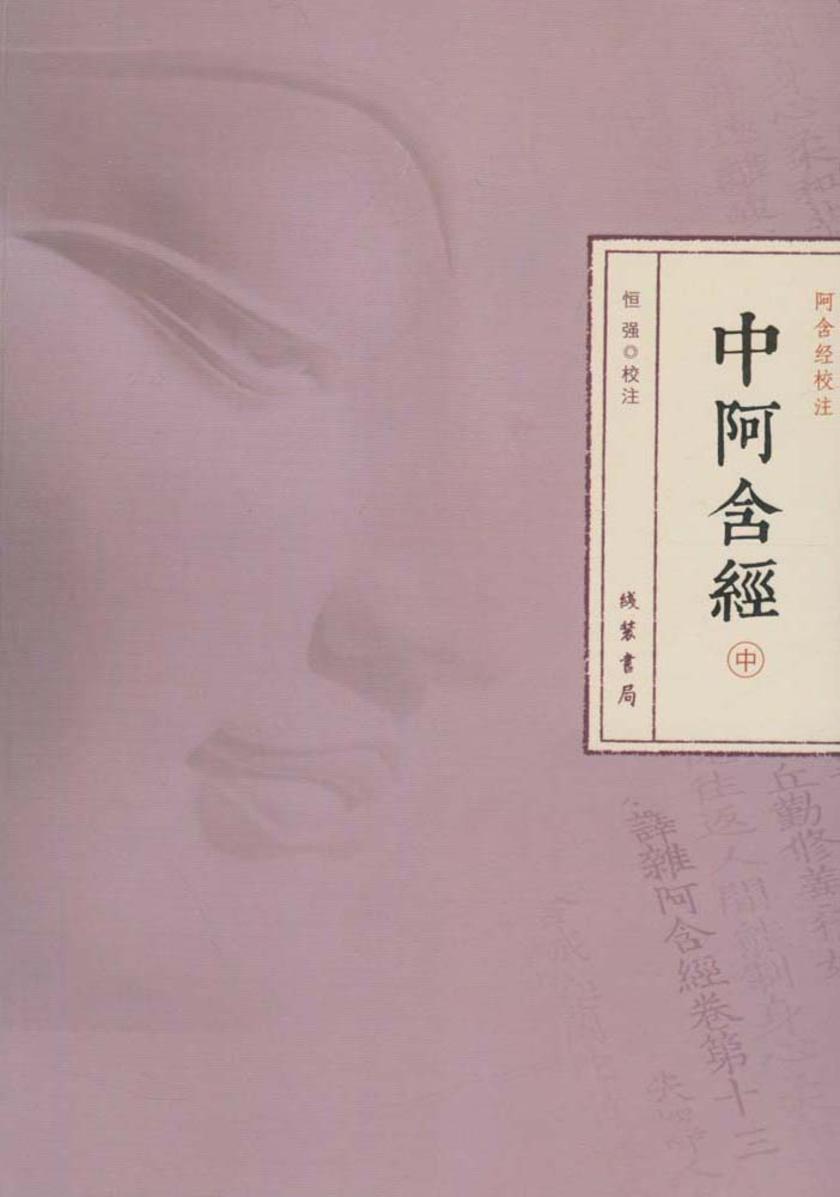
中阿含经(中册)
¥46.00
汉译四部《阿含经》——《杂阿含经》、《中阿含经》、《长阿含经》与《增一阿含经》,是由佛陀的圣弟子于佛陀般涅槃的当年夏安居时结集出来的,忠实地汇集了佛陀自成佛以来至般涅槃前所宣讲的教法,由此说明了《阿含经》的原始性、根本性与权威性。在汉传佛教的三藏典籍中,《阿含经》就代表着原始佛教,也是印度部派佛教时期所公认的“根本佛法”。 为便于广大信徒与学者更好地了解、学修原始佛教,本书校注者以高丽藏为底本,尽量保持原本整体风貌,将四部阿含经文转为简体字,加上现代标及分段。并在前人研究成果的基础上,参考《南传大藏经》、《碛砂藏》、《大正新修大藏经》、《正仓院圣语藏本》等不同藏经,纠正原经文部分错漏之处,就经中出现的地名、人名、法相名词、艰涩文句及其它译本的不同翻译作出注释,方便读者更为精准地把握根本教义与修行原理。本书有较高的学术、实用、版本和收藏价值,是广大佛教信徒与佛学研究者难得的学习、研究参考书。


杂阿含经(上册)
¥46.00
汉译四部《阿含经》——《杂阿含经》、《中阿含经》、《长阿含经》与《增一阿含经》,是由佛陀的圣弟子于佛陀般涅槃的当年夏安居时结集出来的,忠实地汇集了佛陀自成佛以来至般涅槃前所宣讲的教法,由此说明了《阿含经》的原始性、根本性与权威性。在汉传佛教的三藏典籍中,《阿含经》就代表着原始佛教,也是印度部派佛教时期所公认的“根本佛法”。 为便于广大信徒与学者更好地了解、学修原始佛教,本书校注者以高丽藏为底本,尽量保持原本整体风貌,将四部阿含经文转为简体字,加上现代标及分段。并在前人研究成果的基础上,参考《南传大藏经》、《碛砂藏》、《大正新修大藏经》、《正仓院圣语藏本》等不同藏经,纠正原经文部分错漏之处,就经中出现的地名、人名、法相名词、艰涩文句及其它译本的不同翻译作出注释,方便读者更为精准地把握根本教义与修行原理。本书有较高的学术、实用、版本和收藏价值,是广大佛教信徒与佛学研究者难得的学习、研究参考书。


天理与人生的贯通——朱子心性论的内在结构与双向开展(精) 中华书局出品
¥46.20
本书对朱熹心性论思想行了系统梳理,试图破除近代以来学界心学派与理学派二元对峙分类法带来的分歧与误解,根据朱熹“理一分殊”理论创性地提出了“分殊体用”的本体论诠释模式,以此来解读朱子“理”“心”“性”“太极”等多个本体概念之间的关系等,呈现朱熹心性论的内在结构与展逻辑;在比较研究中,重新认识朱熹在此领域的继承与拓;并尝试揭示朱子心性论对于当下社会道德重建与价值重构的理论意义
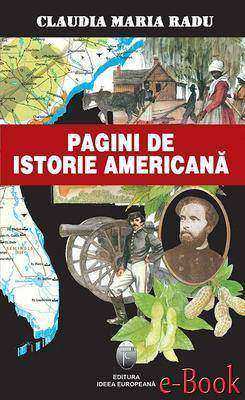
Pagini de istorie american?
¥46.36
Aceasta este prima lucrare scris? ?n limba rom?n? care se concentreaz? asupra operei lui Thomas Kuhn, probabil cel mai influent filosof al ?tiin?ei din ultima jum?tate a secolului trecut. ?n particular, lucrarea analizeaz? ?n detaliu, ?ntr-o manier? original?, o idee foarte provocatoare a filosofului american, teza incomensurabilit??ii conceptuale, conform c?reia, ?n dezvoltarea cunoa?terii ?tiin?ifice, teoriile noi utilizeaz? un limbaj ireductibil la cel al teoriilor anterioare. Totodat?, lucrarea se apleac? ?ntr-o manier? sistematic? asupra conceptului de paradigm?, introdus de Kuhn, care avea s? fie utilizat ulterior pe scar? larg? ?n filosofie ?i ?tiin?ele sociale.

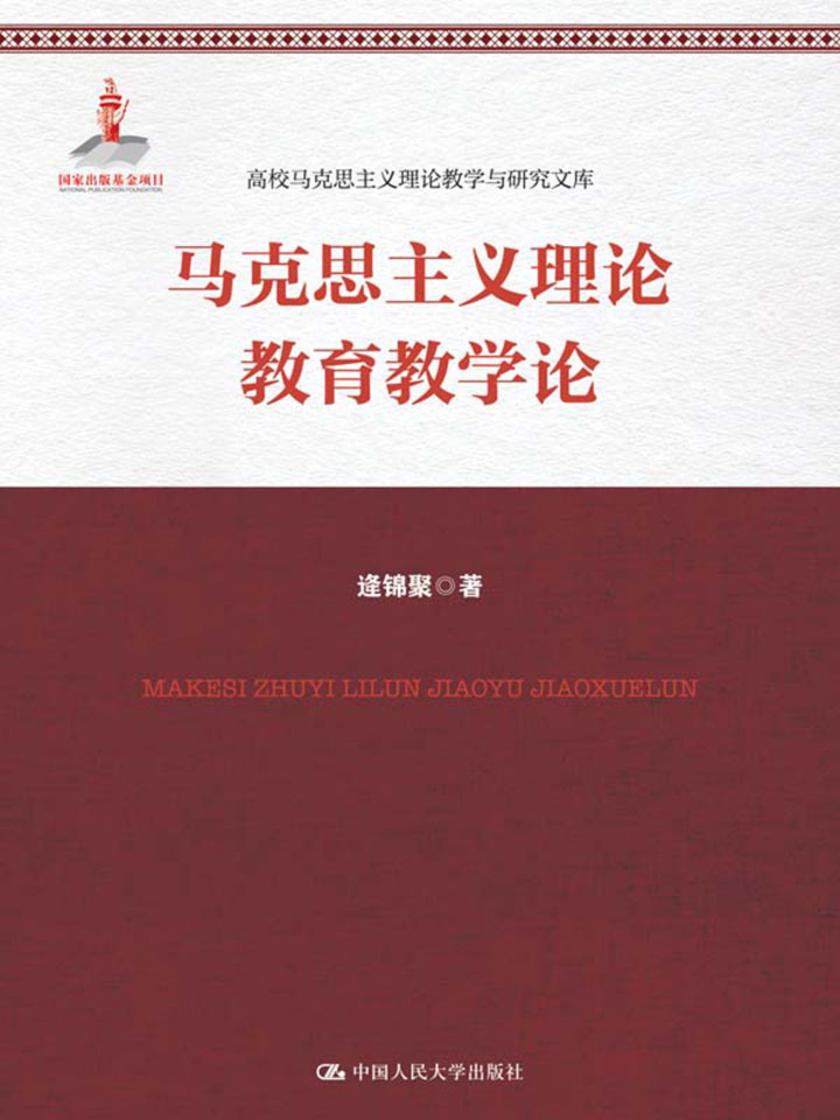
马克思主义理论教育教学论(高校马克思主义理论教学与研究文库;国家出版基金项目)
¥46.38
本书是作者近若干年特别是近十年关于马克思主义理论教育教学论研究和实际探索的小结。全书分为四篇:*篇探讨了马克思主基本理论和经典著作学习,第二篇论述了马克思主义理论学科建设和科学研究,第三篇阐释了马克思主义理论教材建设和教学改革,第四篇总结了思想政治教育和马克思主义理论队伍建设。力图从马克思主义整体性出发,集中探讨作为一级学科的马克思主义理论的教育教学。本书适合高校思想政治教育专业教师、思想政治理论课教师、党政干部以及马克思主义理论一级学科各个专业的本科生、研究生和博士后研究人员阅读。


哲学:西方哲学史(罗素版)(套装共2册)
¥46.60
本书是英国哲学家勃特兰·罗素的哲学代表作之一,成书于1945年,全名为《西方哲学史及其与从古代到现代的政治、社会情况的联系》,其写作目的是揭示“哲学乃是社会生活与政治生活的一个组成部分,它并不是卓越的个人所做出的孤立的思考,而是曾经有各种体系盛行过的各种社会性格的产物与成因”。在这部敦厚的著作中,罗素将他认为对西方哲学的发展有重大影响的历史事件及人物辟专门章节以作详细论述。 全书具体分为“古代哲学”“天主教哲学”“近代哲学”三卷,我们将该书分为上下两册,一二卷为*册,第三卷为第二册,以古希腊文明的兴起端,分别介绍了米利都学派、毕达哥拉斯、赫拉克利特、巴门尼德、恩培多克勒、阿那克萨哥拉苏格拉底、柏拉图、亚里士多德、犬儒学派,到逻辑分析哲学为止。共计80余万字,规模宏大而严谨,通俗易懂,振聋发聩。

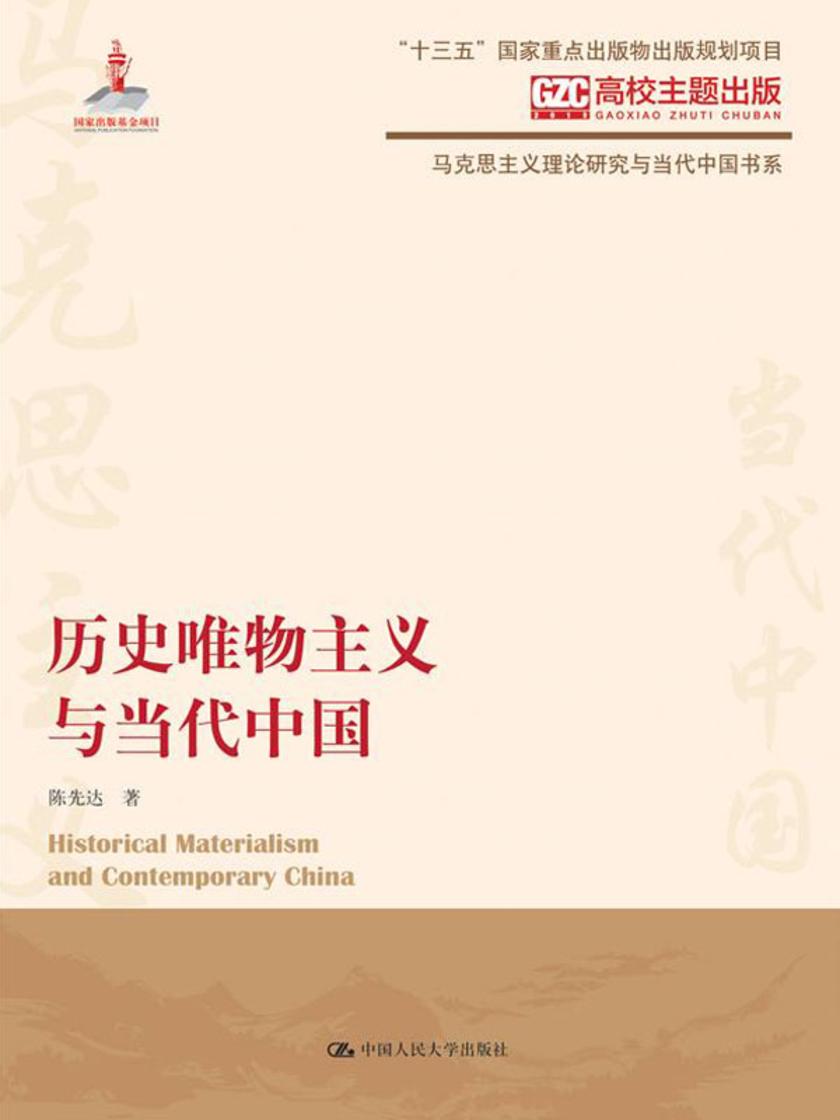
历史唯物主义与当代中国(马克思主义理论研究与当代中国书系)
¥46.80
本书坚持马克思主义社会历史观的基本观和基本原理,在存在论的高度上阐释了马克思的生产、劳动、资本、现代和历史等概念。主要内容包括:历史唯物主义是科学的历史观、人类社会和自然界、生产力和生产关系、经济基础和上层建筑、社会意识、科学及其在社会历史中的地位和作用等。


马克思主义基本原理与当代中国思想政治教育专题研究(马克思主义研究丛书)
¥46.80
本书是作者多年思考和积累的结果。书中阐述了马克思主义的基本特征和马克思主义在21世纪中国的创新机制;探讨了中国特色社会主义的“三个自信”,特别是文化自信和学术崛起;考察了思想政治教育的机遇与挑战及其应对策略;探寻了思想政治教育研究的新视角,比如思想政治教育的主渠道与微循环、科学研究的育人作用,以及思想政治教育的话语转换等。此外,本书还探讨了信仰的根基、爱国的理由,以及培育和践行社会主义核心价值观的步骤。

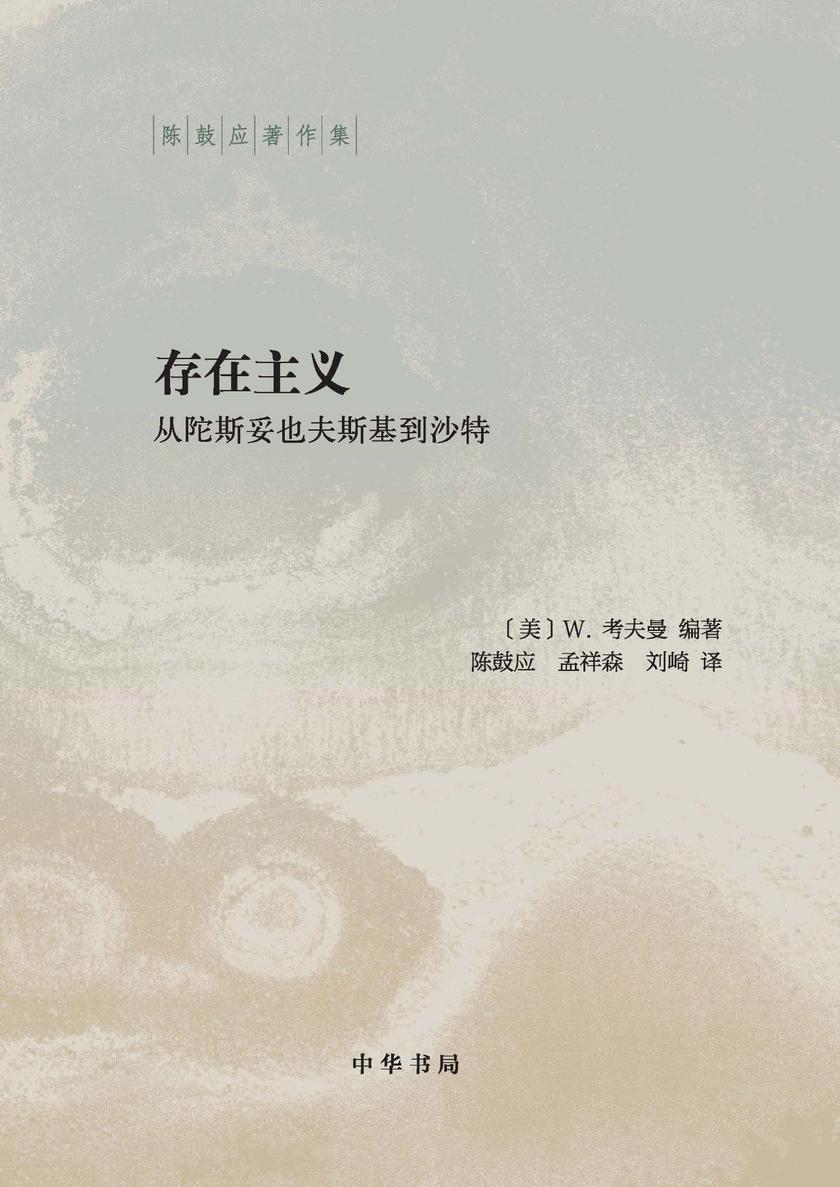
存在主义——从陀斯妥也夫斯基到沙特(精)--陈鼓应著作集 中华书局出品
¥46.80
《存在主义——从陀斯妥也夫斯基到沙特》,原为美国世界出版公司1956年出版的一部英文著作,是美国存在主义研究专家考夫曼(Walter Kaufmann)对陀斯妥也夫斯基、齐克果、尼采、里尔克、卡夫卡、雅斯培、海德格、沙特八位存在主义哲学家原作的编选,对系统了解存在主义基本观和各家的重要思想具有重要的资料价值。本书由陈鼓应、孟祥森、刘崎三人合作翻译而成。 存在主义是二十世纪重要的哲学流派,强调个人、独立自主和主观经验,主要包括有神论的存在主义、无神论的存在主义和人道主义的存在主义三大类。存在主义以人为中心,尊重人的个性和自由,认为,人是在无意义的宇宙中生活,人的存在本身也没有意义,但人可以在存在的基础上自我造就,活得精彩。该学派著名和明确的倡议是萨特的格言——“存在先于本质”。意思是,除了人的生存之外,没有天经地义的道德或体外的灵魂,道德和灵魂都是人在生存中创造出来的;人没有义务遵守某个道德标准或宗教信仰,人有选择的自由。

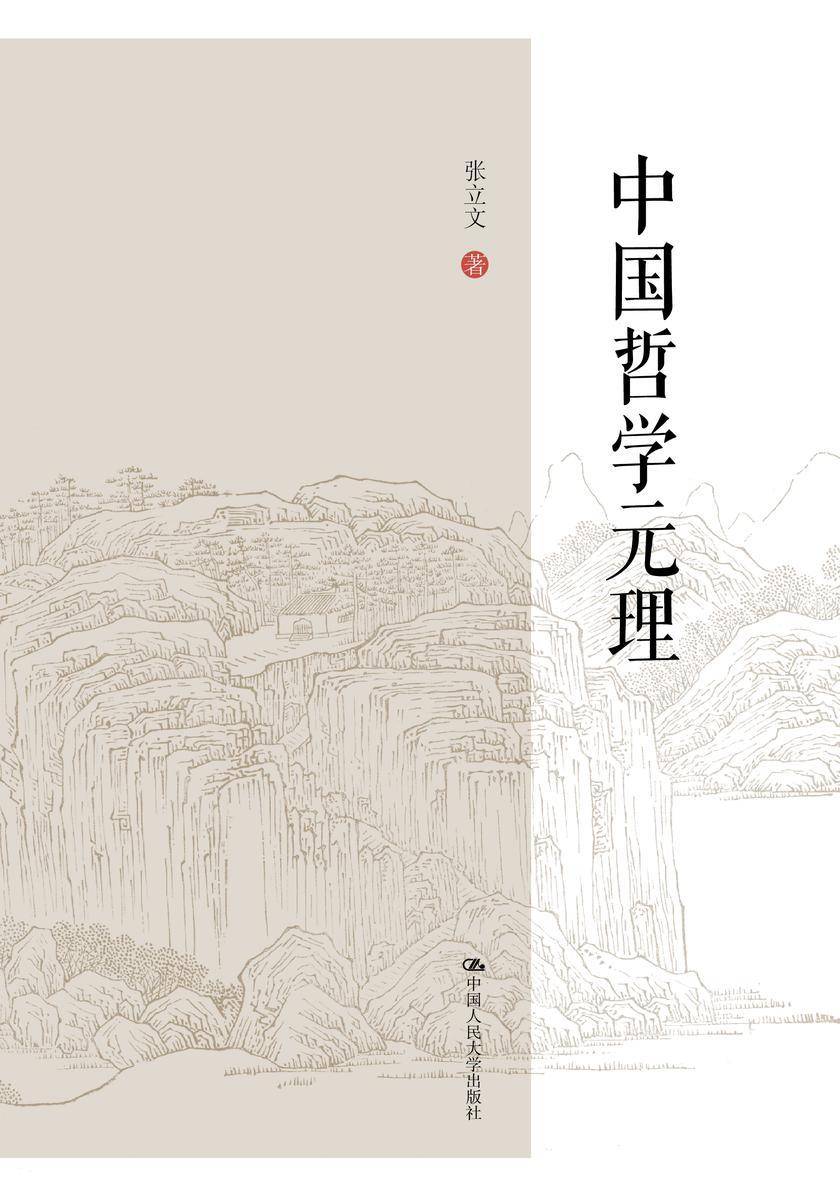
中国哲学元理
¥46.80
依据中国哲学元理逻辑体系的天、地、人和合生生道体,中国哲学可以生发为七大原理:元亨利贞论、体用一源论、理一分殊论、能所相资论、不离不杂论、内圣外王论、融突和合论。中国哲学的七大原理(元理)是特定时空环境内在世哲学家通过思维、思想所构建的,其哲学理论思维是那个时代哲学家对人与自然、社会、人生关系的自我体认的升华;是反思人与自然、社会、人生互相关系,超越一般性的诠释而构建的概念、范畴的逻辑;是对人与自然、社会、人生的价值、理想、审美地再反思。这是在哲学家理论思维所把握的那个时代的精神,也即哲学的时代精神。中国哲学是在“继往圣之绝学”哲学理论思维成就基础上,在世哲学家在其理论思维方式引导下地再反思、再体认,以赋予价值理想、伦理道德、审美旨趣、终极关切新生面、新创造、新品格、新气质。


可能世界视域下的名称和同一性理论研究(国家社科基金后期资助项目)
¥46.80
《命名与 然性》是美国 的逻辑学家、哲学家克里普克的代表作,主要阐述了克里普克的名称的指称理论和名称的同一性理论。本课题主要从可能世界的视角和本质主义的研究纲领出发,抓住 然性这一重要路线,把握理论的历史和现实逻辑,分析和考察克里普克的名称理论和同一性理论,澄清以往对克里普克理论观的误解和讹传,还克里普克思想以本来面目,系统地诠释《命名与 然性》一书的主要思想观。


解说观音(精)--孙昌武文集 中华书局出品
¥46.80
中国佛教里的观音和观音信仰是中国宗教中具有重要地位、影响和意义的现象,是中国佛教文化的重要内容,又可视作佛教“中国化”的典型个案。要了解中国宗教,了解中国人的宗教信仰与中国的文化传统,必须了解观音。本书根据佛教相关典籍与历史文献,借鉴国内外研究成果,全面系统梳理了佛教的观音和观音信仰输中国及其被积极受容并逐步“民族化”“民俗化”的历史脉络与程,细致“解说”了观音和观音信仰对中国文化发展和中国人精神生活的作用与影响。作者秉持一贯遵循的注重史实“描述”原则,全书资料丰富翔实,行文清晰畅达,兼具学术性与可读性,是中国佛教史研究的一份重要内容,也为读者认识观音和观音信仰提供了一本简明可靠又有一定趣味的读物。

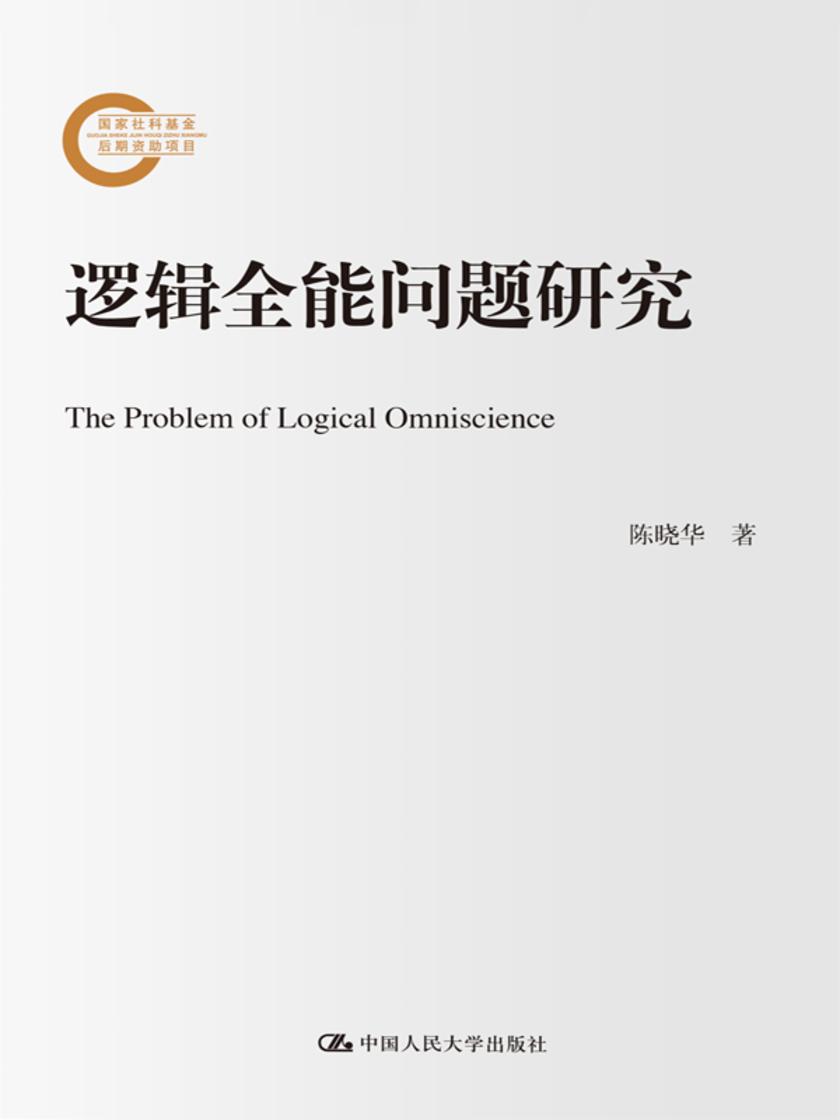
逻辑全能问题研究(国家社科基金后期资助项目)
¥46.80
本书围绕“逻辑全能”与“逻辑无能”之间必要的张力的把握,对当前认知逻辑研究中的根本问题、问题的症结与合理研究指向做出了系统性与深刻性的分析。作者基于上述“问题症结”的认识,认为逻辑全能问题是认知封闭原则在形式系统中的体现,对逻辑全能问题的回答可以视为对认知封闭原则的解答。本书的基调是拒斥逻辑全能问题,实则是不受认知封闭原则。在这个基调之下,本书从两个层面来分析逻辑全能问题:(1)、技术层面。在避免逻辑全能问题的诸多方案中,绝大多数的学者都是在考虑如何不逻辑全能的问题,但有一个问题常常被忽视,即不逻辑无能的问题,这个问题是由H.N.Duc提出来的。本文试图刻画这一标准,使用这一标准来评估各种方案。(2)、哲学层面。这主要是使用认知逻辑形式工具来探讨认知封闭原则下的各种哲学疑难,从而推动认知逻辑和认识论的融合。


老子永远不老:《老子》研究新解
¥46.80
《老子永远不老:〈老子〉研究新解》一书,收了12篇曹峰近年来发表的《老子》及道家研究论文,约二十万字。其中有对具体章节如三十六章、三十九章的新解读;有利用出土文献对《老子》首章作出的新诠释;有对老子生成论和幸福观的新思考;有对老子“道”与“天道”关系的新衡量;有对老子“无名”“有名”论述的新考察;有对黄帝与老子关系的新辨析;有对老子政治哲学的新总结。还有对近代日本老子现象的一些研究。这些论文涉及老子研究的各个方面,发表后大多在学界引起重要反响,被广泛引用和转载。这也证明了老子永远不老,老子思想常谈常新。此书的出版相信会对老子及其道家研究产生实质性推动。

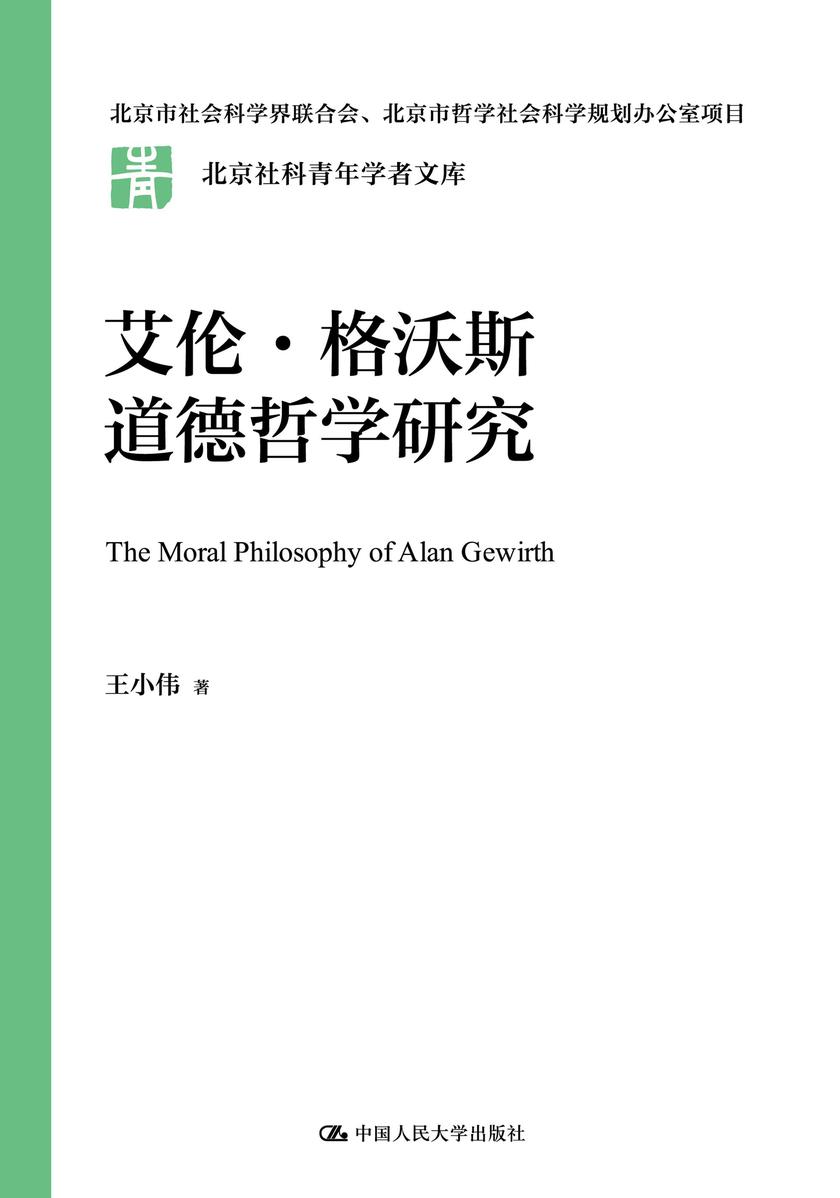
艾伦·格沃斯道德哲学研究
¥46.80
2022年3月20日,中共中央办公厅、国务院办公厅印发了《关于加强科技伦理治理的意见》,在此背景下,科技伦理的基础理论研究变得极为重要。美国哲学家艾伦·格沃斯的工作在科技伦理中的影响甚巨,遗憾的是,国内学界对格沃斯的道德哲学未有系统介绍,其思想散见于一些中文文献里,这与其在国际学界的影响形成鲜明反差。正因如此,研究格沃斯的道德哲学,对理解把握国外科技伦理基础理论显得十分迫切与必要。这对于融汇不同思潮,发展具有中国气派,中国风格的科技伦理思想有重 要的现实意义。鉴于此,特撰写本书。 本书共分为三个部分。第一部共有三章,分别从格沃斯道德哲学的背景(第一章),其独特的辩证必要性方法道德推论(第二章),其能动性与规范性来源的讨论(第三章),介绍了格沃斯独特的伦理学思路。第二部分共有五章,首先 比较了格沃斯的道德最高原则PGC和康德绝对律令的异同(第四、五章),继而分别介绍了PGC推论的主体间性问题(第六章),道德原则作为一种命题的可能(第七章),以及格沃斯如何处理“是与应当”的繁难问题(第八章)。从这几个角度重构并反思了格沃斯的道德哲学。第三部分包括四章,分别从格沃斯PGC道德最高原则的直和间应用(第九章),格沃斯论尊严和权利论(第 十、十一章)和其可能的未来的角度(第十二章),对格沃斯哲学的应用和前景行了反思性评价和研究。


通往人的全面发展之路:社会主义条件下人的现代化研究(马克思主义研究丛书)
¥46.80
“人的现代化”,虽是西方学者于20世纪中叶率先提出的“旧命题”,但却是今日中国现代化建设必须直面的“真问题”。人的现代化与社会制度和意识形态是密切相关的。本书坚持以马克思主义的立场、观和方法研究社会主义条件下人的现代化问题,梳理了马克思的人的现代化理论,描述了人的现代化的理论和实践的客观事实、发展态势,总结了人的现代化的发展的基本规律和历史经验,建立了人的现代化的动力模型,揭示了社会主义条件下人的现代化的理论和实践的意义和关联,建构了中国特色社会主义人的现代化的学术话语和发展理念,归纳了社会主义条件下人的现代化的理论和实践的因果关系和价值导向,提出了新时代中国特色社会主义条件下推人的现代化的解释模型和政策建议。

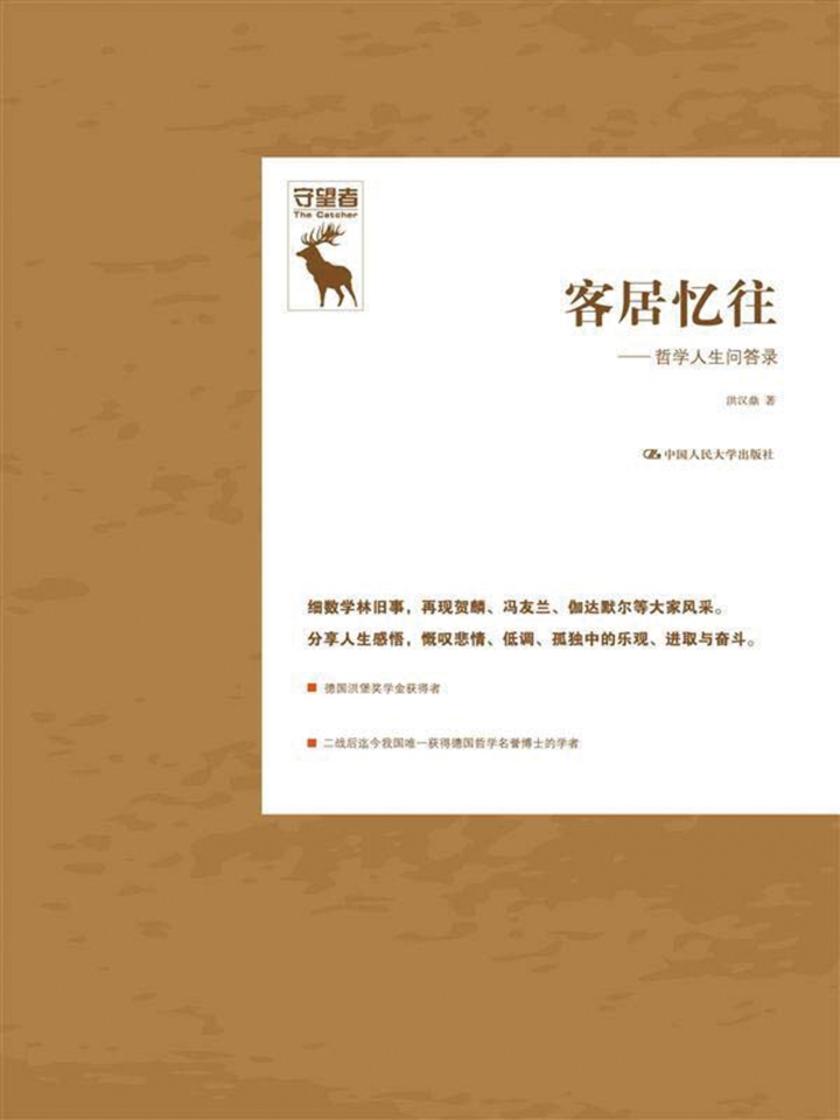
客居忆往——哲学人生问答录(守望者)
¥46.80
本书系洪汉鼎先生以答学生问的形式而写的学术自述性文字,全书共分为三个部分。部分是作者个人从年少时代至今的种种经历,包括无锡辅仁中学、北京大学求学、反右斗争中误划为右派、“文化大革命”中发配至大西北、改革放后重回北京、德国修深造、台湾十余年讲学等,整个经历充满悲欢离合,是幸与不幸、祸与福的交集;第二部分作者透过个人经历回忆了我国哲学界上世纪90年代之前的情况,其中有师门的作风、师友的关系、文人的特性、国际的交往,以及作者个人的哲学观,不乏一些不为人知的哲坛趣事;第三部分是作者过去所写的回忆冯友兰、贺麟、洪谦、苗力田诸老师,以及拜访伽达默尔的文章的汇集。


心学之思——王阳明哲学的阐释(当代中国人文大系)
¥46.80
有关王阳明研究的一部佳作。作者从一个新的视野出发,对阳明心学展开多维度的阐释,思路开阔,创见颇多,具有开拓性。尤其从“存在”的维度上阐明阳明心学的个体性特征,进而提出“存在意义”的转换问题,明确肯定阳明心学将情感、意志视为主体应有的规定,这都是同类著作中少见的。又如从阳明学关于“心体”、“本体”与“工夫”等方面所表现的二重性引出其演变分化的历史叙述,得出阳明形而上学的消解过程完成于黄宗羲的结论,亦有前人所未言者。此书1997年由三联书店出版,早已脱销,它的再版必将推进阳明学研究的深入发展。


哲学的星空:问题导向与观念交融
¥46.80
中国人民大学哲学院十多位知名教授在《哲学的星空:问题导向与观念交融》一书中探讨了许多前沿的哲学问题,对马克思主义哲学、中国哲学、西方哲学、伦理学、科学技术哲学、逻辑学、美学、政治哲学等领域的问题行了系统阐释和深剖析。作者们既突出内容的前沿性,又为解析各个哲学前沿问题提供了生动而深刻的案例,还介绍了研究这些问题的视角和方法。全书以问题为导向,体现了“观念交融”的视角,探讨了哲学与其他学科的互动和关联,有助于读者阔视野,从整体上把握哲学与多个学科的关系。




 购物车
购物车 个人中心
个人中心



